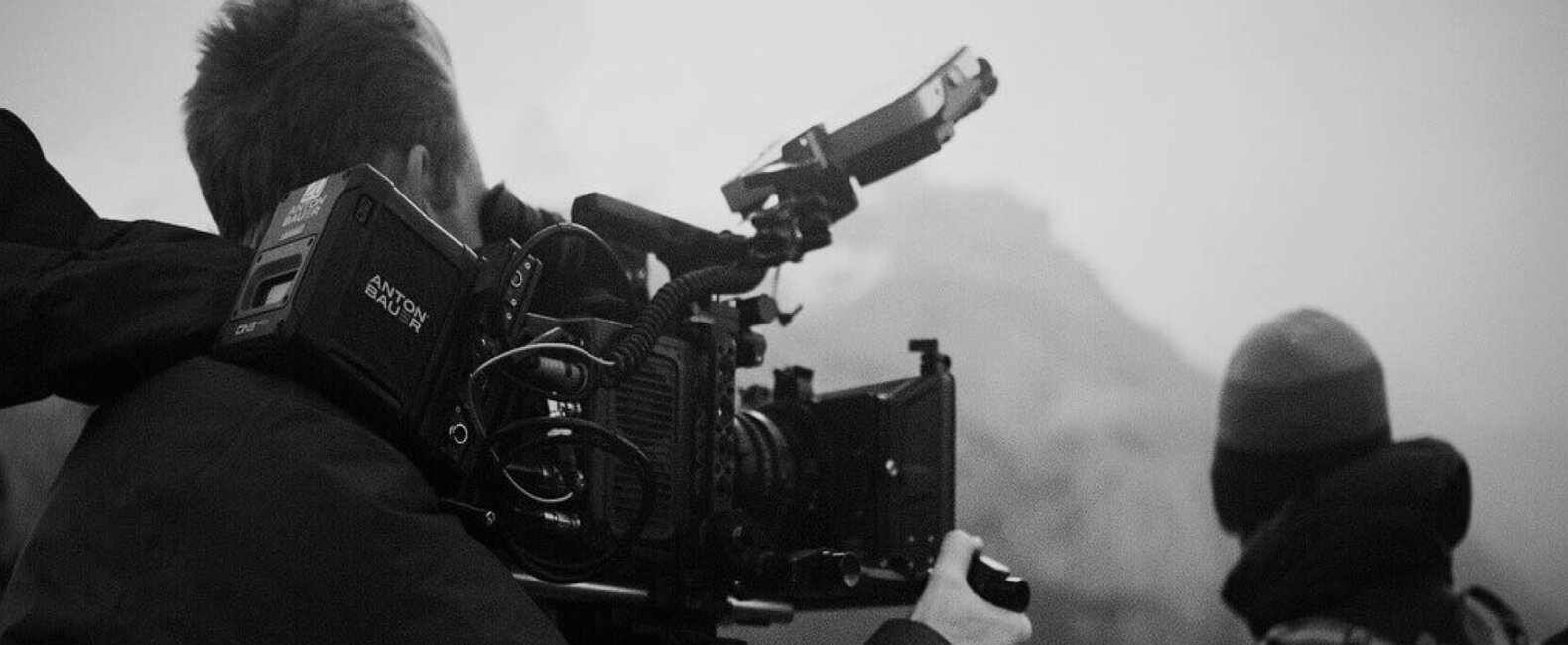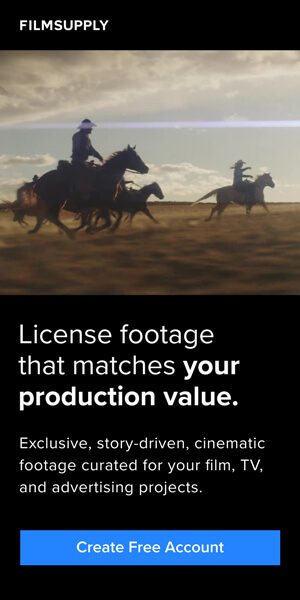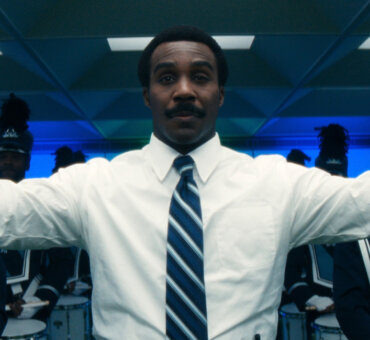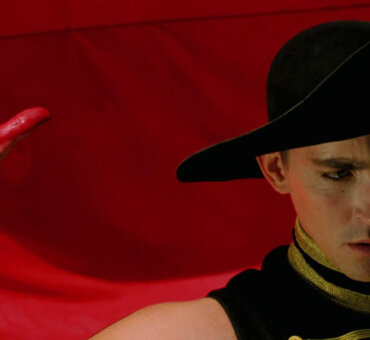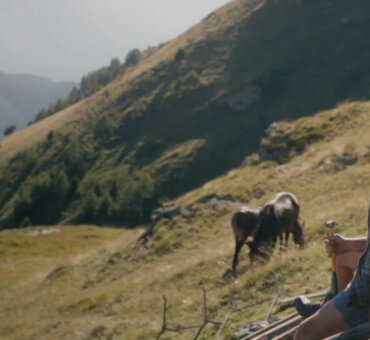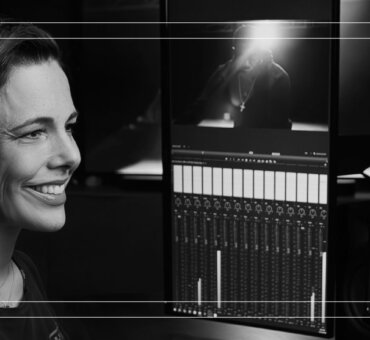Art, in its purest form, isn’t born from chasing metrics. It’s born from a deeply personal place of reflection and introspection—from being honest about your point of view and the way you see the world. This is more important now than ever. We live in an oversaturated media-landscape where consumers are savvy enough to sniff out empty content made for clicks.
If anyone knows the secret to creating effective and authentic content, it’s the team at Evolve Studios. They’ve racked up 5 Emmy Awards, 40 nominations, and a host of other accolades for their work with brands like Disney, National Geographic, ESPN, Netflix, HBO, and a slew of others. During Season 1 of Behind the Work, we sat down with founders Joel and Jesse Edwards, as well as a few other members of their team, to hear their perspective on the industry.
According to them, the key to connecting with an audience is to stop trying so hard to connect with them, and to learn to first connect with yourself.
“The world needs more artists that are less concerned with how many clicks, likes, and views that they’re getting,” Jesse told us. “It needs more artists that are more concerned with who they are becoming because of the art that they’re creating.”
How do you guys measure success?
Jesse Edwards: If success is based on views, or the content selling, or hype, then you’ll probably make soulless content before you make soulful content. The world needs less artists that are only concerned with how many clicks, likes, or views that they’re getting, and it needs more artists that are concerned with who they are becoming because of what they’re creating; or how it’s encouraging other people to become better versions of themselves. If you can measure the success of your content based on how people are connecting with it and how it’s changing them—that’s what I’m more interested in.
In the personal, you find the universal.
Jesse Edwards: Art at first is for yourself. And it needs to be really personal so it can be universal; so other people can connect with it. But at some point, you’re done with it and it’s all about the audience and about other people. You have to detach yourself from it and say, ‘I’ve put my soul into this, now I’m going to send it out and I’m going to see if other people see some of their own soul in it.’
So is there such a thing as a bad idea?
Lindsey Leatherman: There are some concepts that are probably inherently bad. Or there’s some concepts that have another just like it, and if you don’t realize that, a lot of time is wasted if you go after it.
Usually what makes a concept or an idea “bad” is that it doesn’t have enough foundation to stand on. And you have to go through the process to figure that out. Story is subjective. What can you boil down that’s measurable? When you do that, you can start seeing the flags that go off when you hit a bad idea. Like ‘nothing’s actually happening here, it doesn’t actually know what its core idea is, or there’s no relatability’. A lot of times the worst ideas are just too broad. It’s not that it’s a bad idea, it’s that it has no direction.
Once your direction is solid, then what?
Jesse Edwards: With entertainment—this is the most important thing—it doesn’t matter if you got them in the room, they will leave if it’s not entertaining. So you can have the most well-structured story, with the best characters ever, and a beautiful, important, meaningful theme, but if it’s not entertaining, compelling, or not presented well, I’m just not going to look at it.
Audiences have become less forgiving and less tolerant of bad content or unentertaining content. It’s easier to talk about the idea and say ‘wow that’s really powerful, I really connect with that, I have a vision for how to make that film or that series.’ The harder part is actually getting people to watch and click and engage with it. Because what you’re competing against is a multi-billion dollar industry that is very strategic and really, really good at marketing content.
Joel Edwards: Yeah, the question isn’t how or if you can make an amazing film or an amazing show. The real question is, how do you actually get an audience to watch it. In many ways it’s about creating a product. Films and television are commissioned art. And that’s honestly what I love so much about this industry—it’s the pure mesh of art and commerce coming together.
Go Behind the Scenes on Evolve’s Epic 40-Day Shoot for National Geographic’s Origins. To hear more on Evolve’s perspective on Original Content, check out Part 1 and Part 2 of their Behind the Work episode on our YouTube channel.
